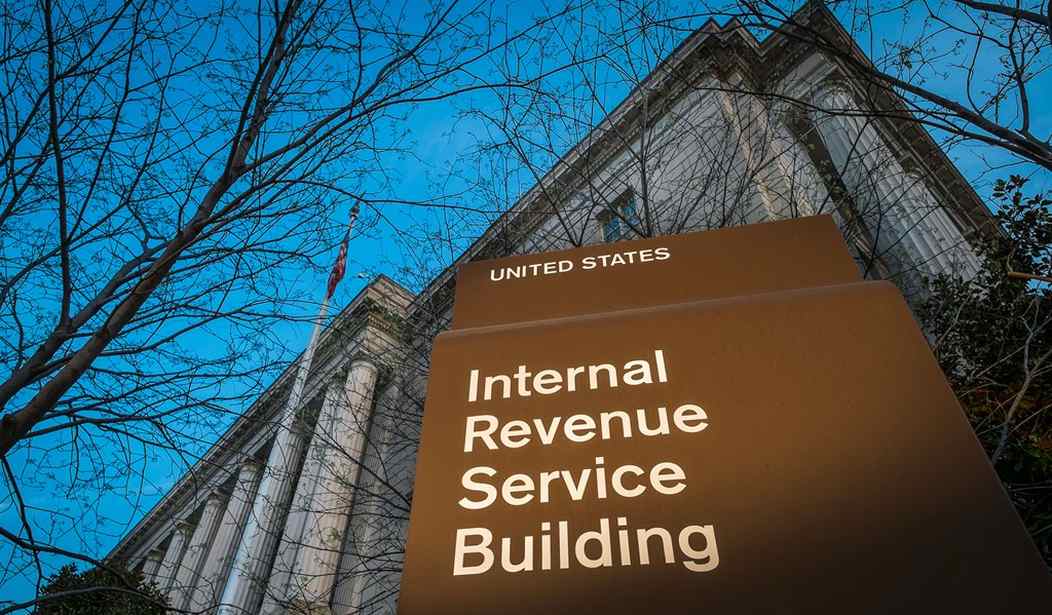The Earned Income Tax Credit is one of the federal government's most successful anti-poverty programs. As House Budget Committee Chairman Paul Ryan (R-WI) notes in his newly released anti-poverty plan today, it "makes low-income families more likely to work by increasing work's rewards" and "encourages households to enter the labor force."
However, the EITC is also far from perfect. Which is why it was disappointing to see Ryan ignore some of the program's biggest shortcomings.
To his credit, Ryan does note that the EITC's "complexity requires low-income individuals to either negotiate a complex maze of rules and forms" or "to pay tax preparers to file the necessary paperwork with the IRS to receive the credit."
"The IRS instructions run 39 pages, involve 15 'rules' and includes 12 separate forms that could apply in filing for the EITC," Ryan's report continues. "The credit is received as much as 15 months after the individual earned his or her pay. ... Its complexity also contributes to high error rates for the EITC. In many cases people just don't know whether they qualify or not."
What Ryan fails to mention here is just how hight the "error rate" for the EITC actually is. According to the latest Treasury Department Inspector General's report, the IRS made up to $15.6 billion in "improper" ETIC payments in 2013. That comes to 26 percent of all EITC spending.
Ryan's plan does call for EITC reform. But Congress has ordered the IRS to eliminate improper payments before. And the IRS has simply failed to do so (imagine that). Why on earth should conservatives expand a program with a 25 percent error rate before IRS cleans up the existing program?
Recommended
Especially considering that there is an easy way to both fight poverty and cut government at the same time: just cut the payroll tax!
Cutting the payroll tax would put more money in the hands of the working poor, encourage more poor people to work, and create more jobs. No 39 pages of IRS instructions or 15 month delays needed. Working Americans would just immediately see more money in each of their paychecks.
And all this could be done without raising the deficit. Whatever money Ryan was going to use to pay for his EITC expansion by cutting other ineffective programs, could also be easily funneled into the Social Security system to replace the revenue lost by the payroll tax cut.
Conservatives can fight poverty and shrink the government at the same time. Expanding the EITC is not the way to do that.
























Join the conversation as a VIP Member